According to a Punch news reports, the Minister of Labour and Employment, Chris Ngige has said that he would include in his handover notes that the discussion surrounding minimum wage should begin immediately the new government is sworn-in in May 2023, ahead of its implementation in May 2024. He noted that the discussions would involve the public sector, private sector and state governments, and according to the last bill passed should start a year before it officially takes effect every 5 years. Ngige also noted that the Federal Government has approved a pay raise for civil servants which would take effect from 1 January 2023, adding that the provision is already included in the 2023 budget though the President is yet to approve the percentage increase. On 18 April 2019, President Buhari signed into law the Minimum wage repeal and enactment act 2019 which increased the minimum wage for a Nigerian worker to N30,000 from N18,000 previously. The signing of the bill came after enormous pressure from different quarters and even after signing the bill, implementation became a problem for many states.
The economic recessions witnessed in 2015 and 2020 impacted Nigerian households significantly, eroding their purchasing power and driving joblessness across the country resulting in unemployment level growing to 33.3% in Q4 2020. The hikes in key consumer utilities (Fuel & Power) in the past few years, the global pandemic which led to many businesses cutting workforce or implementing steep salary cuts, the abysmal growth in income, the double-digit growth in inflation, the increase in VAT rate to 7.5% earlier in February 2020, the continuous devaluation of the Naira and more recently, Fuel and Naira scarcity have pushed many households below poverty level. According to a report by Picodi, an international e-commerce company, Nigeria’s minimum wage cannot cater for the minimum nutritional needs of one adult person in a month. The report put the value of basic food for the healthy living of an adult in a month, at the beginning of 2022 at N40,980, higher than the N30,000 minimum wage in Nigeria.
While it is obvious that the minimum wage needs to be raised significantly, we struggle to see how federal and state governments can afford any increase. At the state level, heavy reliance on FAAC allocation which is inextricably linked to volatilities in crude oil prices amidst weak Internally generated revenues would mean that many state governments may not be able to pay the new minimum wage. For instance, states like Ekiti, Osun and Oyo could not pay their workers promptly during the recession era based on the old minimum wage of N18,000- a situation that made the CBN disburse N614bn as bailout funds to state government. At the federal level, government revenue remains pressured by elevated debt servicing cost amidst poor revenue generation. Going by the controversies that trailed the last increase, another increase may only be a theoretical exercise if the government, particularly the state governments do not deliberately seek ways to improve revenue generation.
 Lagos, NG • GMT +1
Lagos, NG • GMT +1











 234 views
234 views

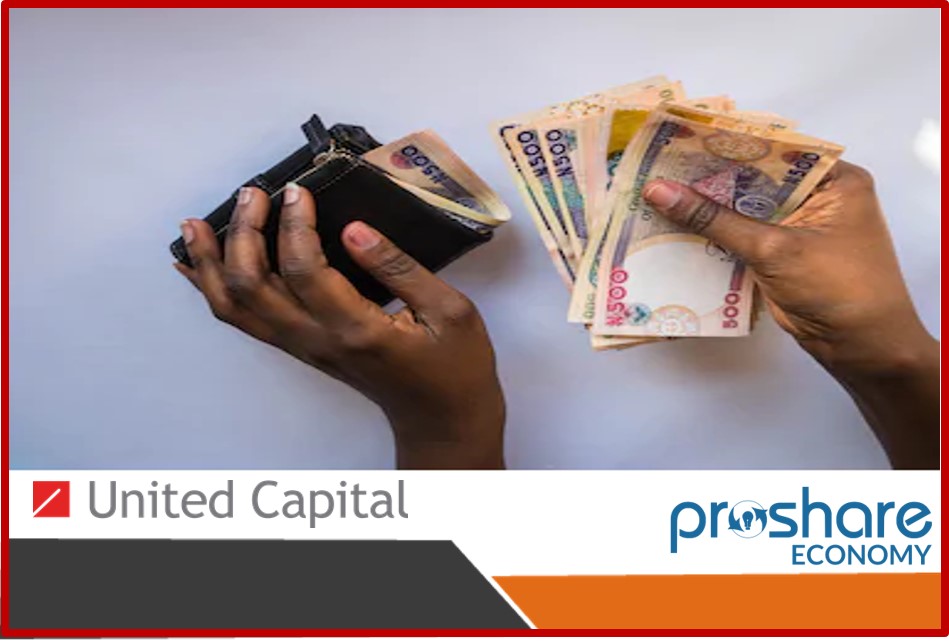



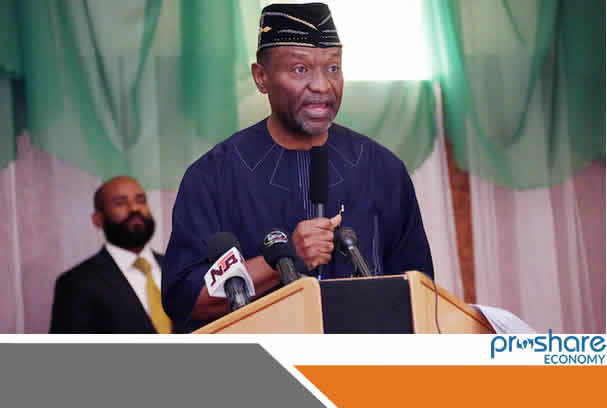
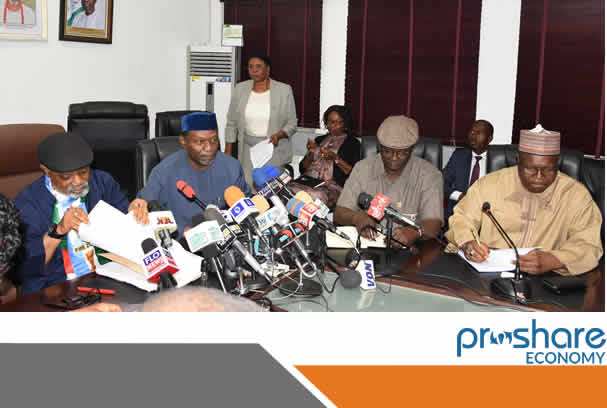
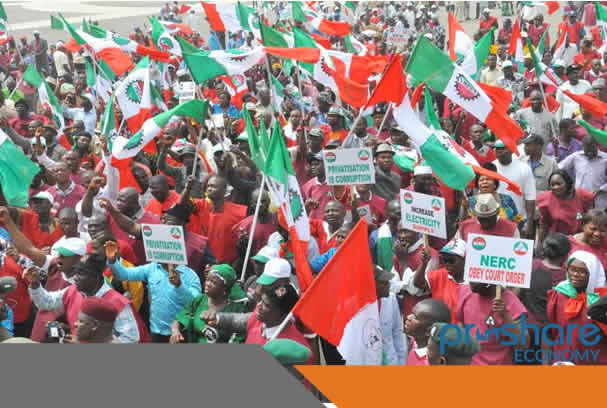
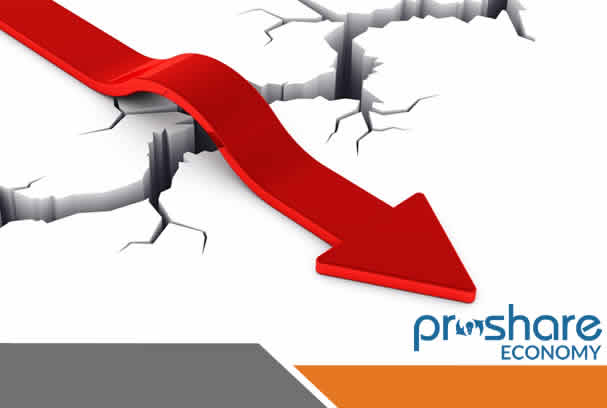





 Sponsored Ad
Sponsored Ad
 Advertise with Us
Advertise with Us









